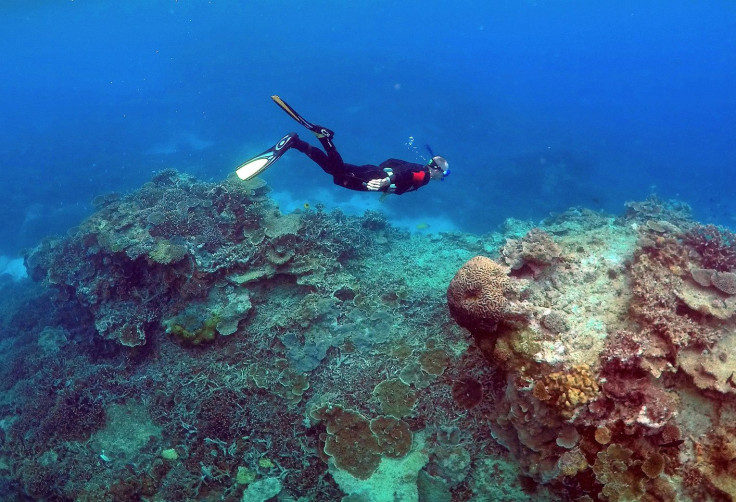Great Barrier Reef records fifth death of elderly snorkelling

The Great Barrier Reef has recorded its fifth fatality in three months when a tourist in his 60s died while snorkelling. The man was believed to suffer a heart attack while hanging on to a life ring. He was rescued from the waters of Moore Reef but he could not be revived after a CPR was performed.
A rescue helicopter was assigned to get the man but it was diverted to rescue a 43-year-old woman in Green Island. The woman was snorkelling and was almost drowned when she was rescued. She currently fights for her life.
The ABC reported that 10 people died on the reef in 2016. According to the report, the majority of the victims had pre-existing medical conditions and most of them were elderly. Association of Marine Park Tourism Operators spokesman Col McKenzie said that the 10 fatalities recorded were double the industry average.
In November, two French travellers in their 70s were drowned at Michaelmas Cay. They were suspected to have choked on seawater swallowed through their snorkels leading to a state of panic. They were believed to have pre-existing medical conditions that caused the cardiac arrest. Days after the tragedy of the two French travellers, a British tourist died while scuba diving at Agincourt Reef. The company had oxygen and defibrillation equipment on site but the resuscitation efforts failed. In December, a 75-year-old Japanese woman died while snorkelling.
However, the tragedy did not only happen to elderly tourists as a 38-year-old skipper Leila Trott also died after disappearing in choppy waves on the Great Barrier Reef in April. A coronial inquest into her death will be heard on Wednesday. Filippo Matucci, Trott's colleague, will testify on Thursday.
Matucci said that he lost sight of Trott after taking a two-minute toilet break. He called the pan-pan 40 minutes after Trott was first noticed missing. Senior Constable Darlene Webb said that she could not find any criminality on Matucci's delayed call because even if he called earlier, the helicopter would not be able to respond as it was down for service on the day and it would take an hour for the police to reach the area.
Dr Paul Botterill, a forensic pathologist, said that there was a possibility that Trott died from a cardiac episode despite being a fit and healthy woman. “Certainly some people die in their sleep with this condition, some people drop suddenly with no expression of pain,” he said.
He also considered the possibility of Irukandji jellyfish sting that could be hidden on Trott's scalp. Investigating inspector Angelo Capaldi said that they didn't see Matucci liable for Trott's death.
Over two million visitors each year visited the Great Barrier Reef generating approximately $5-6 billion per year. It is considered as the world’s largest reef system composed of over 2,900 individual reefs.





















